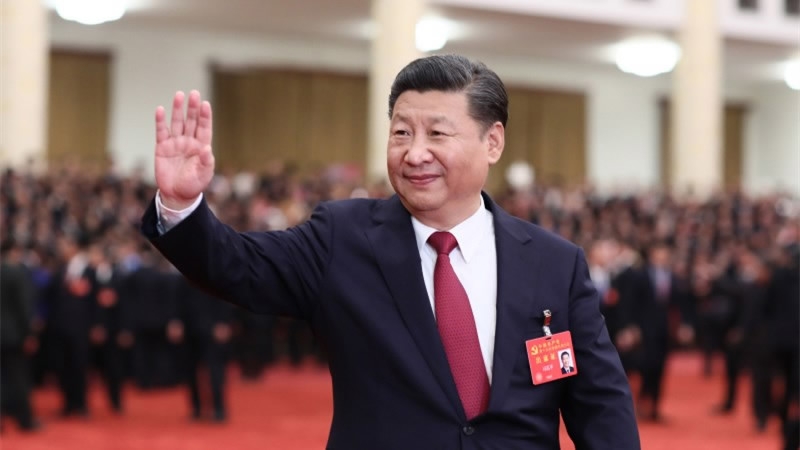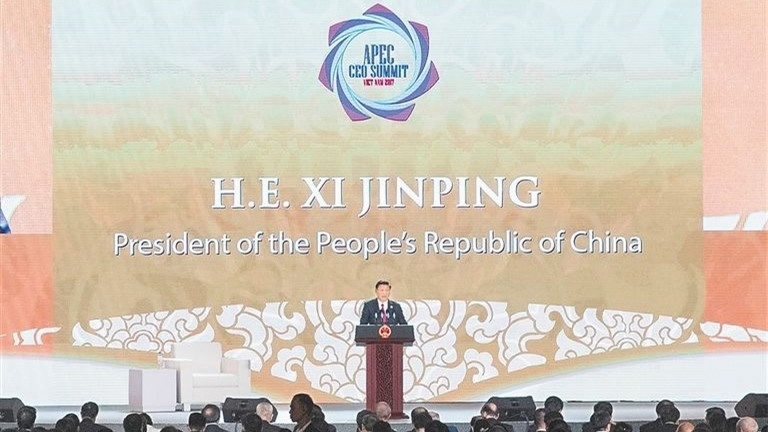
17:58, 28-Feb-2019
Full Episode - Chinese President Xi's Foreign Policy

In his report to the 19th CPC National Congress, General Secretary Xi Jinping said that China has stood up, grown rich and become strong. Looking ahead to mid-century, 2050, Xi said China will move toward center stage and make greater contributions to mankind. He reiterated that no matter what stage of development China reaches, it will never seek hegemony or engage in expansion. But it’s no secret that some countries remain suspicious. Why? Why is Xi setting forth a grand vision of global governance, with China playing an enhanced new role? What are the basic principles, the key components, and the practical consequences? Why is China now changing its foreign policy from reactive to proactive? Why break with the past? Related, how does China’s new foreign policy relate to China’s domestic development as well as to world conditions? But it also must be asked: Is China prepared to engage the world? Assume the responsibilities and bear the burdens? What are the implications, for China and for the world?

Chinese President Xi Jinping is addressing at the Vietnam APEC Leaders Meeting.
Chinese President Xi Jinping is addressing at the Vietnam APEC Leaders Meeting.
Furthermore, in his APEC address in Vietnam, President Xi offered a four-point plan for the Asia-Pacific region. First, promote innovation. Second, open up economies, create a Free Trade Area. Third, pursue inclusive development. Fourth, enrich partnerships among APEC members. But some countries are wary of China; they seek their own course, such as a new Comprehensive and Progressive Trans Pacific Partnership that excludes China (as well as the U.S.) Xi’s grand vision of China’s foreign policy features eight big concepts: Community of Shared Future; Win-Win Cooperation; Economic Globalization; New Kind of Global Governance; New Kind of Big Power Relationship; Expanding Cooperation while Managing Differences; Multilateralism and Democratization of International Relations; and People-to-People Exchanges. The Belt and Road Initiative, constructing infrastructure in developing countries, exemplifies several. China’s objective is to protect its three sacrosanct “core interests” — its political system, continuing economic development, and national sovereignty (territorial integrity). But President Xi also recognizes China’s global responsibilities. He stresses stability, fighting terrorism, settling regional conflicts, and a common, comprehensive, cooperative, and sustainable security strategy, all good. The big question, however, remains open: China’s role in the world at mid-century? If I said the world is entirely confident or comfortable with China’s trajectory, I’d be telling a falsehood. The world is watching. So are we; we’re Closer to China.
SITEMAP
Copyright © 2018 CGTN. Beijing ICP prepared NO.16065310-3
Copyright © 2018 CGTN. Beijing ICP prepared NO.16065310-3